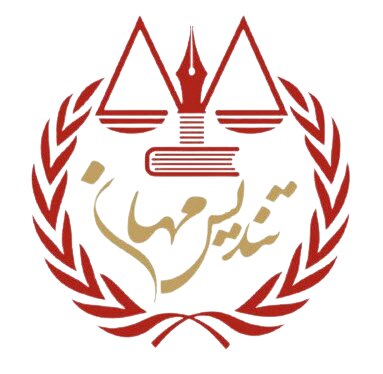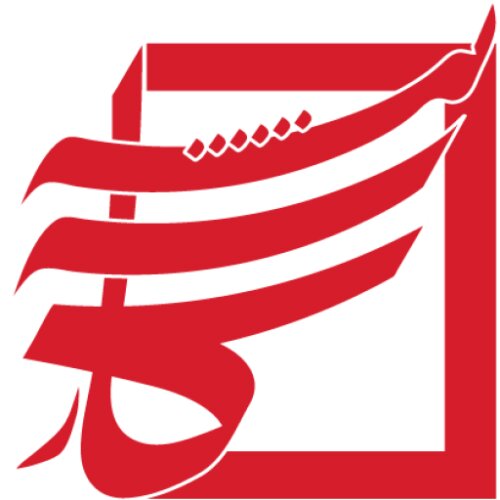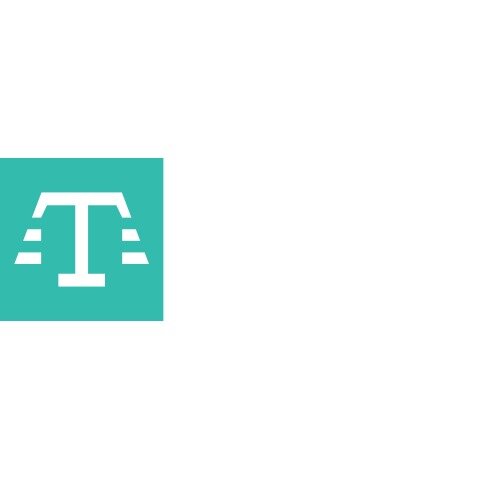Best Intellectual Property Lawyers in Iran
Share your needs with us, get contacted by law firms.
Free. Takes 2 min.
Or refine your search by selecting a city:
List of the best lawyers in Iran
About Intellectual Property Law in Iran
Intellectual Property rights in Iran are protected under various laws and regulations. These rights include trademarks, patents, industrial designs, and copyrights. The legal framework for Intellectual Property in Iran aims to protect the creations of the human mind and promote innovation and creativity.
Why You May Need a Lawyer
You may need a lawyer for Intellectual Property issues in Iran if you are facing issues such as trademark infringement, patent disputes, copyright violations, or licensing agreements. A lawyer can help you navigate the complex legal system, protect your rights, and enforce your Intellectual Property rights effectively.
Local Laws Overview
In Iran, Intellectual Property rights are governed by the Intellectual Property Law, which includes provisions on trademarks, patents, industrial designs, and copyrights. The Intellectual Property Office is responsible for overseeing and enforcing Intellectual Property rights in Iran. It's essential to be aware of the local laws and regulations to protect your Intellectual Property rights effectively.
Frequently Asked Questions
1. What types of Intellectual Property rights are protected in Iran?
In Iran, Intellectual Property rights such as trademarks, patents, industrial designs, and copyrights are protected under the law.
2. How can I register a trademark in Iran?
You can register a trademark in Iran by filing an application with the Intellectual Property Office and meeting the necessary requirements.
3. What are the penalties for Intellectual Property infringement in Iran?
Penalties for Intellectual Property infringement in Iran include fines, compensation for damages, and possibly criminal charges in severe cases.
4. How long does a patent last in Iran?
A patent in Iran usually lasts for 20 years from the filing date of the application.
5. Can I license my Intellectual Property rights in Iran?
Yes, you can license your Intellectual Property rights in Iran through licensing agreements that grant permission to others to use your Intellectual Property in exchange for royalties or other benefits.
6. What is the process for enforcing Intellectual Property rights in Iran?
To enforce your Intellectual Property rights in Iran, you may need to initiate legal proceedings, such as filing a lawsuit for infringement or taking other appropriate legal actions.
7. Are foreign Intellectual Property rights recognized in Iran?
Yes, foreign Intellectual Property rights are recognized in Iran, and you can seek protection for your rights through international agreements and conventions.
8. How can I conduct a trademark search in Iran?
You can conduct a trademark search in Iran through the Intellectual Property Office to check for existing trademarks that may conflict with your proposed mark.
9. What are the grounds for trademark refusal in Iran?
Grounds for trademark refusal in Iran include similarity to existing trademarks, lack of distinctiveness, and violation of public morals or public order.
10. How can I appeal a decision of the Intellectual Property Office in Iran?
You can appeal a decision of the Intellectual Property Office in Iran by filing an appeal with the appropriate authorities within the specified time frame and following the required procedures.
Additional Resources
For more information on Intellectual Property in Iran, you can visit the Intellectual Property Office's website or seek guidance from legal professionals specializing in Intellectual Property law.
Next Steps
If you need legal assistance in Intellectual Property in Iran, consider consulting with a qualified lawyer who can provide you with guidance and representation to protect your rights effectively.
Lawzana helps you find the best lawyers and law firms in Iran through a curated and pre-screened list of qualified legal professionals. Our platform offers rankings and detailed profiles of attorneys and law firms, allowing you to compare based on practice areas, including Intellectual Property, experience, and client feedback.
Each profile includes a description of the firm's areas of practice, client reviews, team members and partners, year of establishment, spoken languages, office locations, contact information, social media presence, and any published articles or resources. Most firms on our platform speak English and are experienced in both local and international legal matters.
Get a quote from top-rated law firms in Iran — quickly, securely, and without unnecessary hassle.
Disclaimer:
The information provided on this page is for general informational purposes only and does not constitute legal advice. While we strive to ensure the accuracy and relevance of the content, legal information may change over time, and interpretations of the law can vary. You should always consult with a qualified legal professional for advice specific to your situation.
We disclaim all liability for actions taken or not taken based on the content of this page. If you believe any information is incorrect or outdated, please contact us, and we will review and update it where appropriate.
Browse intellectual property law firms by service in Iran
Iran Attorneys in related practice areas.
Browse intellectual property law firms by city in Iran
Refine your search by selecting a city.















